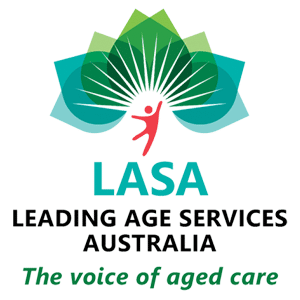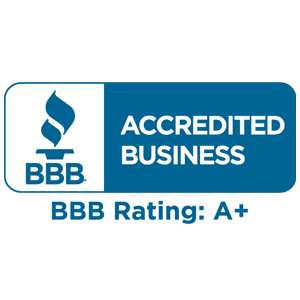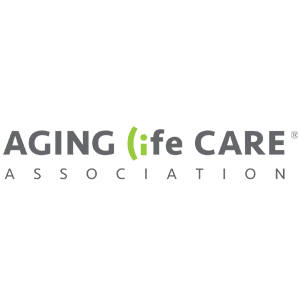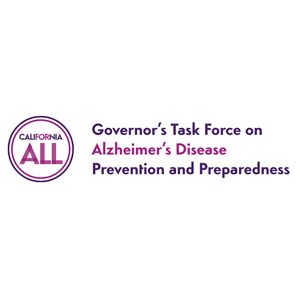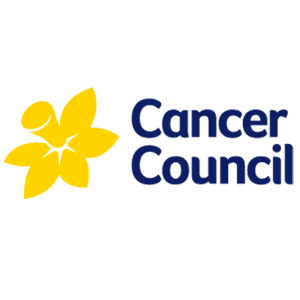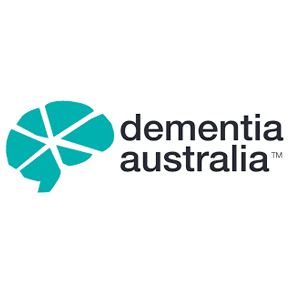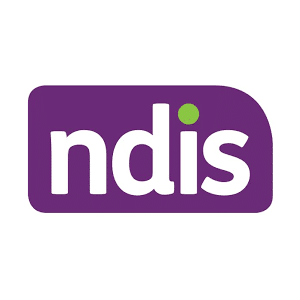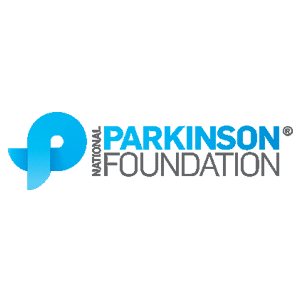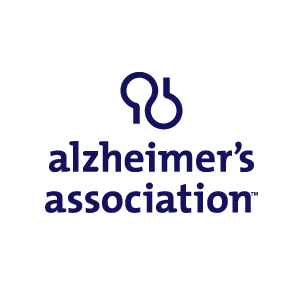How to Spot the Early Signs of Alzheimer’s
The Differences Between Alzheimer’s and Normal Aging
We all lose our keys and forget where we put our reading glasses as we get older. It’s normal. It’s also not uncommon to occasionally forget a date or appointment, remembering it later. Even younger people can get disoriented and confused due to stress and distraction, or other influences. So, it’s important to understand the early signs of Alzheimer’s versus the characteristics of normal aging.
How Normal Aging and Alzheimer’s Differ
According to medical professionals, the following are common early indicators of Alzheimer’s:
- Memory Loss. Forgetting recently learned information is one of the most common, early signs of the disease. It’s not about forgetting something someone said two days ago, but what was said five minutes ago: “Mom, let’s go get the Christmas tree now.” Mom gets her coat and says: “Where are we going again the grocery store?” Forgetting names, important dates or events may also be a sign, but if these are remembered later, it’s usually just typical age-related forgetfulness. Asking the same question or relaying the same information over, and over again, may also indicate memory loss related to Alzheimer’s. But it may also simply mean someone is very distracted, preoccupied, or tired. As we grow older, multi-tasking can be a tedious task, especially if we are stressed and sleep-deprived. The old joke is that we can’t remember what we had for breakfast, but we can remember what we did on vacation 40 years ago. It’s when memory loss begins to disrupt daily life, that we need to pay attention.
- Planning and familiar tasks become a challenge. The brain doesn’t track as well when it’s beset by the disease. An early indicator of the disease is when someone has difficulty figuring out what to wear or how to make coffee in the morning, tasks that were once simple and routine. When anything that involves working with numbers (making sense of numbers on a bill, for example) gets confusing, it may indicate one of the early signs of Alzheimer’s. Forgetting to make a Medicare payment one month is probably not an issue, nor is needing help figuring out how the four different remote controls for the television work. These are likely standard signs of aging.
- Confusion with time and place. With aging, we all sometimes forget what day of the week it is (especially if we’re retired!) but if we’re starting to forget that we already ate dinner, and we think it’s time to walk the dog at midnight, and if we are confused about where we are on a regular basis, it may be more than standard aging. People with Alzheimer’s often don’t know how they got to where they are, for example, asking them or herself “why am I in the garage?”
- Problems with speaking and writing. Another early sign of Alzheimer’s is when someone can’t complete a sentence, forgets what they were saying or is stymied trying to find a word. My mother was an avid reader who prided herself on her vocabulary and grasp of the English language. With her dementia, she would struggle with finding the words she wanted; truly at a loss for words, she would give up. She would also use the wrong word sometimes and not know it: “the woof is making too much noise” (as in dog). Writing may become even more problematic when the usual visual, hand, brain coordination is compromised. Sometimes having trouble finding the right word is normal aging, however, especially when you wake up at two in the morning remembering the word.
- Misplacing things. We all do this as we grow older. But usually, we can retrace our steps and recall what we did and where we were, and with luck, we can recover the misplaced pair of sunglasses in the purse we were using the day before. A person with Alzheimer’s starts to lose the ability to do this. Not only do they misplace things, but they also put items in unusual places. For example, my mother, who struggled with dementia for many years, once put her shoes in the microwave and my shoes in her closet. She liked to take things from my room, thinking they were hers, and “put them away.”
- Compromised decision making and judgement. An early sign of Alzheimer’s is often an unusual or odd judgement call, like a parent selling their home without telling anyone else in the family, or giving all the family china and silver to the gardener. Other questionable behaviour may also be a sign, like walking into town in their pyjamas and paying less attention to their overall grooming and upkeep. Whereas the privileges of aging may include a certain eccentricity and paying less attention to the protocol (normal aging), rash behaviour and especially dangerous decision-making that puts one at risk are not.
- Social withdrawal. With retirement and aging, it is normal for some people to slow down and pull back from social obligations and other involvement, especially if they have had a demanding career and a busy life. If a social withdrawal is dramatic, however — someone who was always active, volunteering, engaging in a hobby, following sports and then suddenly withdraws and becomes reclusive — it may be an early sign of Alzheimer’s. This may be a result of the individual recognizing they aren’t as competent or comfortable in public situations due the changes in their brain chemistry; they may be pulling back to avoid embarrassment.
- Changes in mood and personality. This is one of the most difficult early signs of Alzheimer’s to differentiate from normal aging, in my opinion. Once Alzheimer’s has progressed, mood and personality changes are often so dramatic they are easier to differentiate from the cantankerous and nervous characteristics of normal aging. People who have been perfectly polite, charming, lovely people can get mean and nasty, distrustful, suspicious and, sadly, confused with Alzheimer’s. These major personality shifts are some of the underlying challenges of caring for someone with Alzheimer’s.



